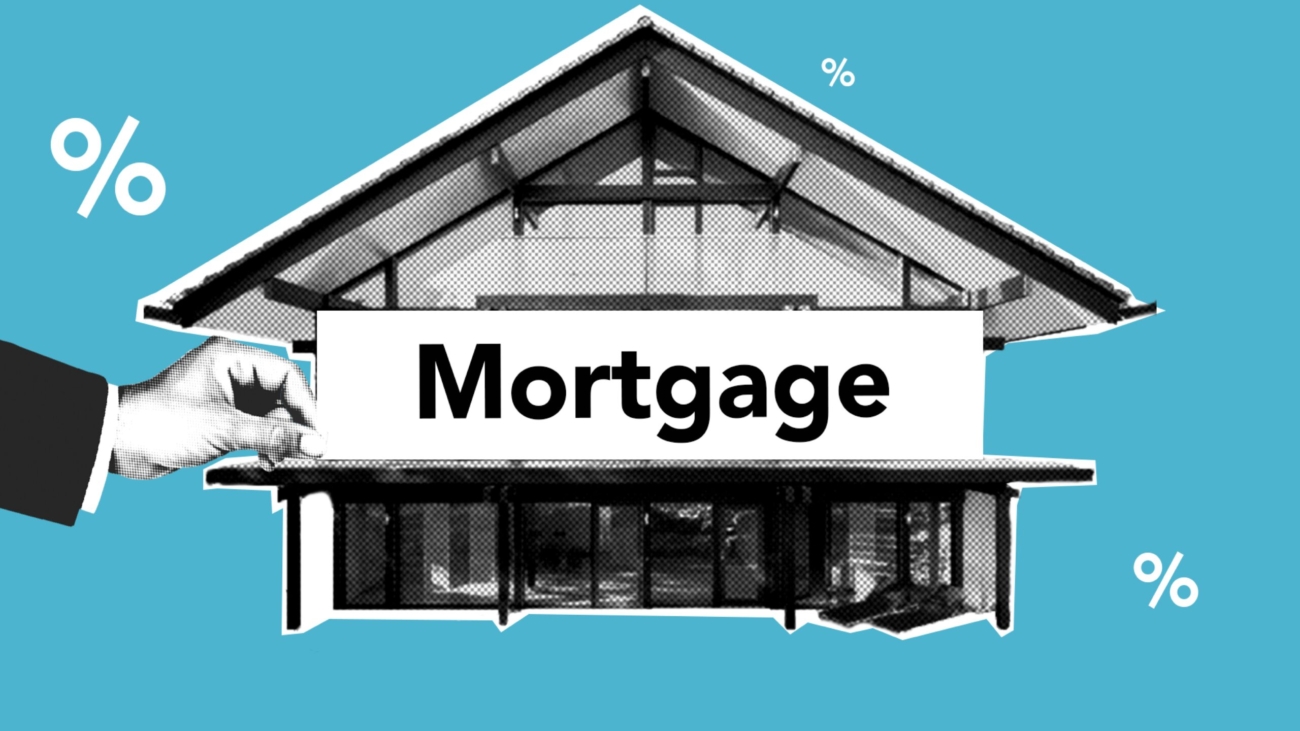If you’re a first-time home buyer in Ottawa, then you’ll have to start exploring your financing options to help you purchase your dream home. The prospect of getting your first mortgage can be intimidating, especially if you aren’t sure of what you need. But working with a mortgage agent in Ottawa who truly knows what they’re talking about can help you separate fact from fiction.
Part of getting a mortgage is getting pre-approved for it. When you get a mortgage pre-approval, you can secure an interest rate for up to 120 days while acquiring a credible estimate of your mortgage limit. With this in hand, you can demonstrate your seriousness as a buyer to agents and home sellers as you’ve taken the time to get your qualifications. Additionally, although pre-approval can take some time, it can also save you the inconvenience of applying for a mortgage when you’re occupied from closing on your new home.
What Is a Mortgage Pre-approval?
A mortgage pre-approval is securing an amount of money that you can borrow from a lender should you choose to buy a home. It also gives you a locked-in interest rate. However, the pre-approval and locked-in rates are valid only for a specific period, usually 60 to 120 days. You will also have to supply the lender with documents such as your proof of income, employment, bank statements, and a credit check, similar to the process of applying for a mortgage.
When everything checks out, the lender will give you a mortgage pre-approval letter, which can boost your chances of the seller accepting your offer on a home as it demonstrates your secured financing. However, keep in mind that a pre-approval is not a guarantee that the lender will give you a mortgage, nor does it oblige you to get your mortgage from that specific lender.
How Is It Different From a Pre-Qualification?
A mortgage pre-qualification is a straightforward way to estimate how much mortgage you can afford based on your income. However, a pre-approval carries more value since it comes with a written contract and involves a more comprehensive study of your financial situation. You can get pre-qualified online or over the phone by offering a few details about your financial situation, which is great for when you’re in the early stages of buying a home. However, if you have a complex financial standing or need a more precise estimate, a pre-approval offers more assurance. It also shows the seller that you’re sincere about your interest in their home, giving you a higher chance of closing on it.
How Do You Get a Mortgage Pre-approval?
You can get pre-approved from a mortgage broker or most lenders. You’ll have to supply the lender with detailed information about your financial situation and establish your income. Some documents you may have to submit include verification of employment, bank statements, credit report, and your previous tax assessment.
Your credit score plays a vital role in deciding on the amount of mortgage for which you qualify. If you have a low credit score, lenders will be more likely to decline your mortgage. The required credit score ranges between 300 to 900, but most major banks in Canada hold it at a steady 600 to 700. Your score is determined by various factors that account for your potential to be a safe, responsible borrower or one who has difficulty repaying loans.
For instance, if you have a long history of paying your debts and bills on time, your credit score would increase. However, if you miss a payment or bill, your credit score could sharply drop. A hard credit check can also temporarily affect your credit score, which happens when you apply for a loan or line of credit. This happens because lenders are typically cautious of borrowers who borrow money from various lenders out of nowhere. You can get a free annual credit report from each prominent credit reporter in Canada, Equifax and TransUnion, to keep a close eye on your score.
Conclusion
A mortgage pre-approval can help you move closer to securing your dream home while preparing you for the mortgage process. It tells you how much you can borrow from lenders, allowing you to analyze your credit situation and find a lender that offers the most favourable rates and terms.
If you’re looking for a mortgage agent in Ottawa, be sure to let us know at Ottawa Mortgage Services! We have the best refinance rates and mortgage services around, helping first-time home buyers, self-employed individuals, and commercial clients get a mortgage. We also assist in refinancing, pre-approvals, and debt consolidation. Contact us today to find out more about how we can help you!










